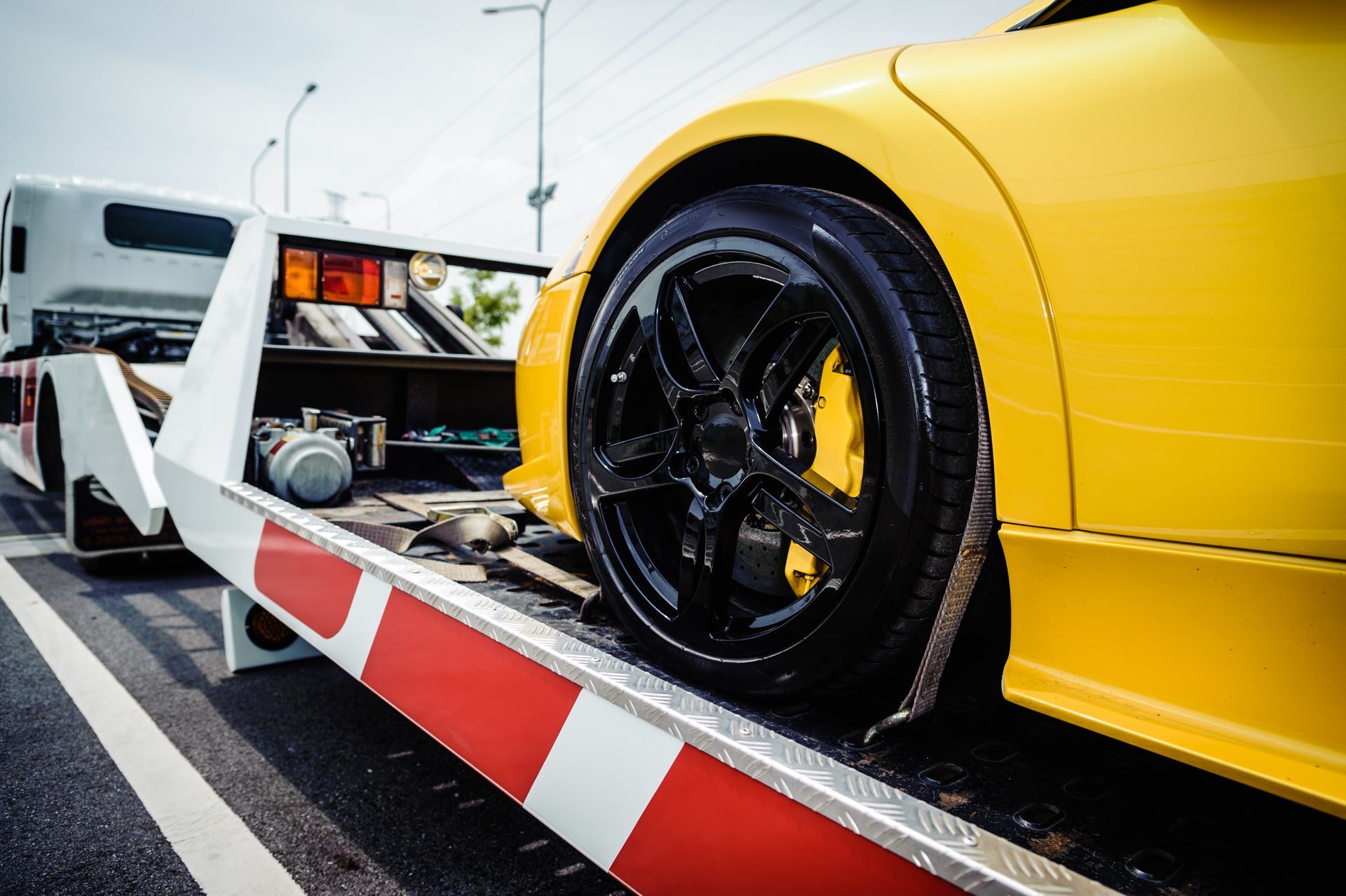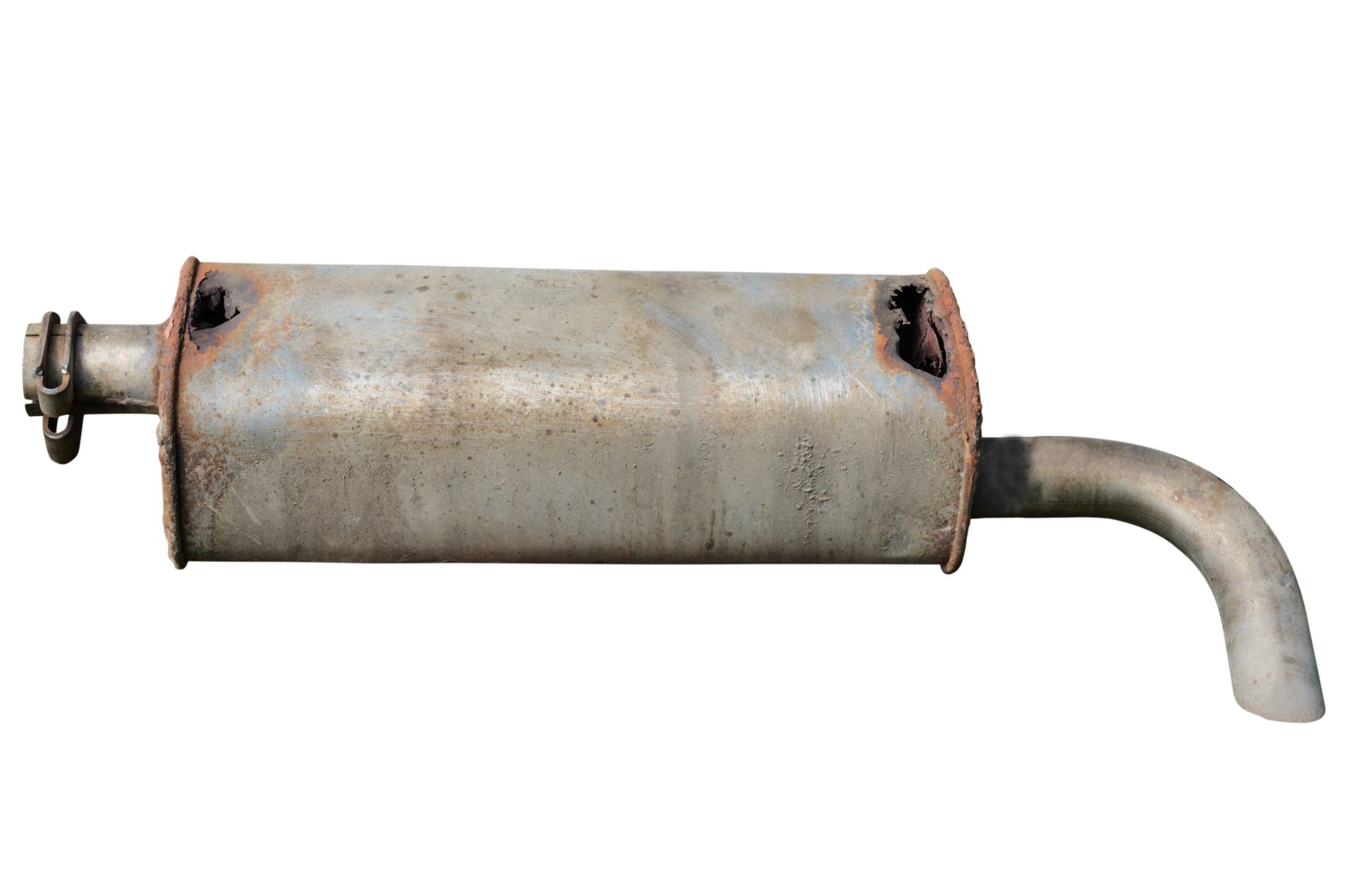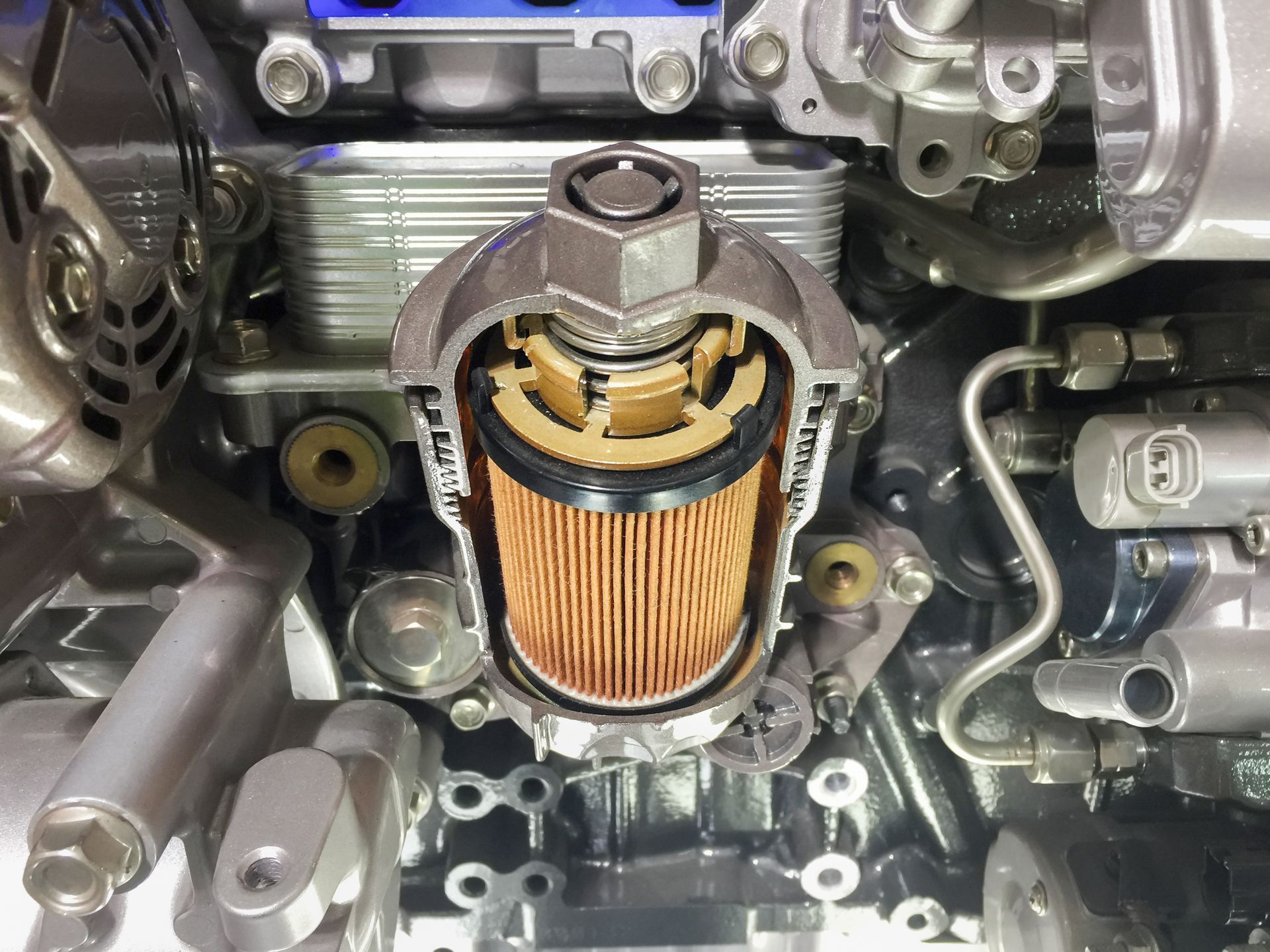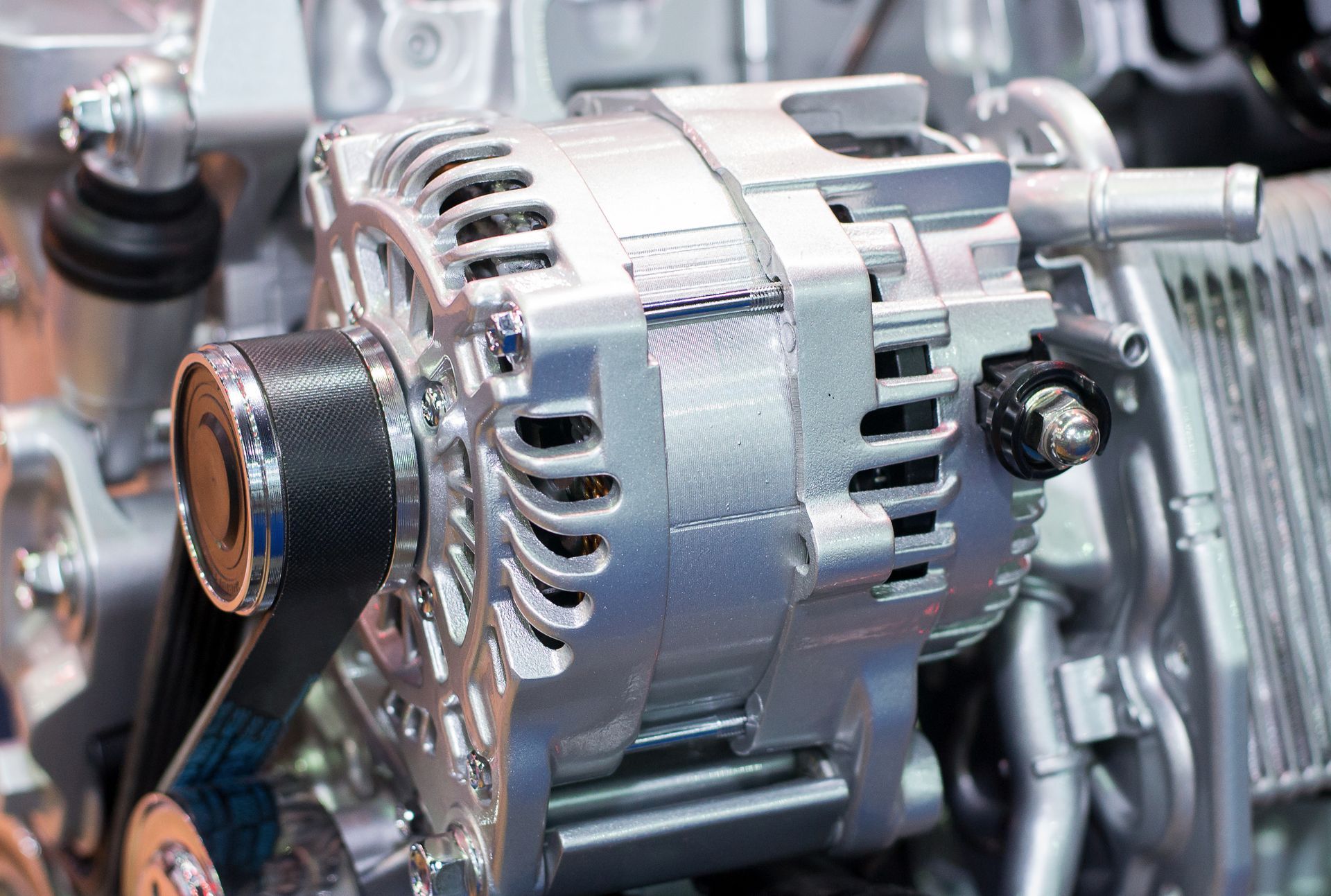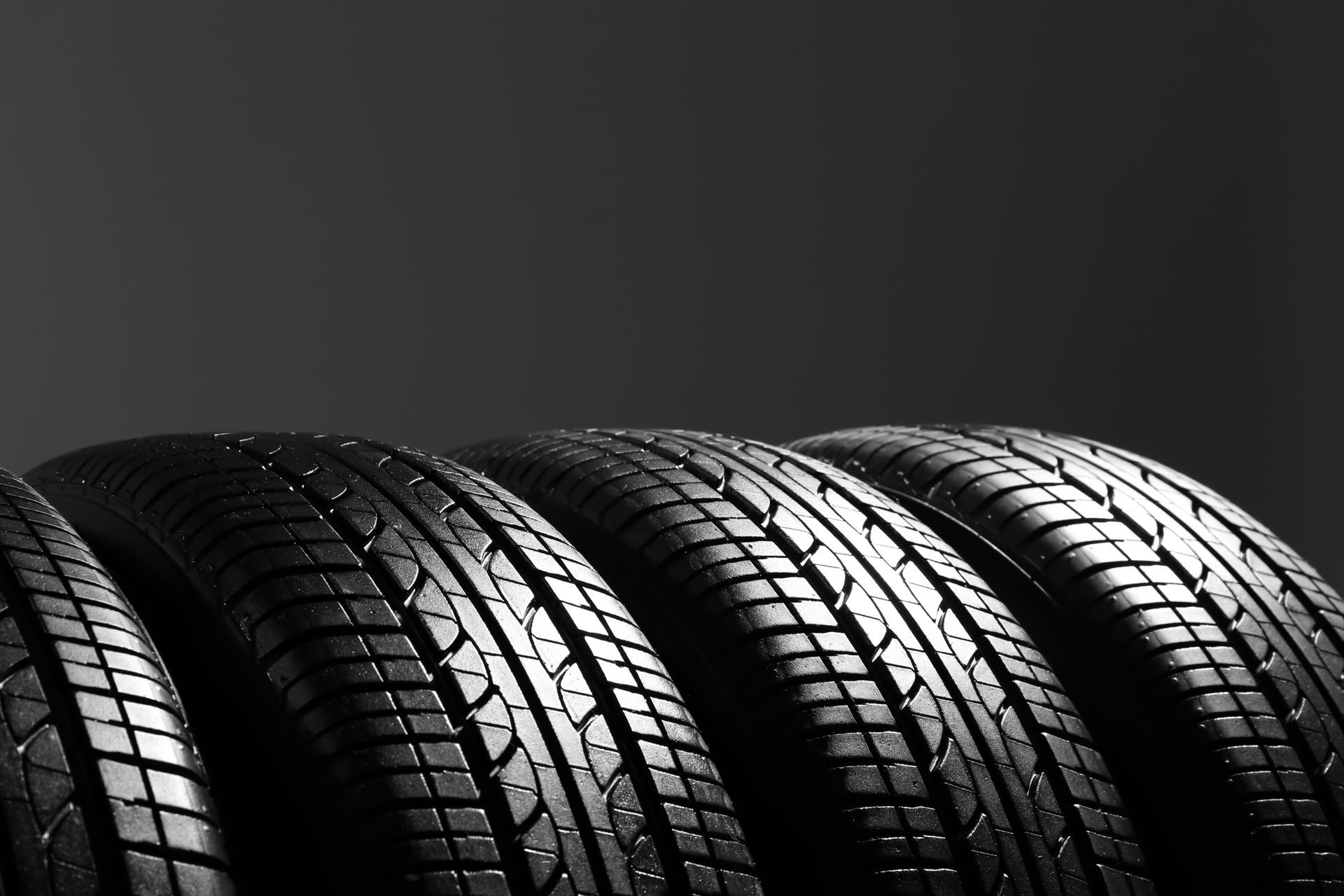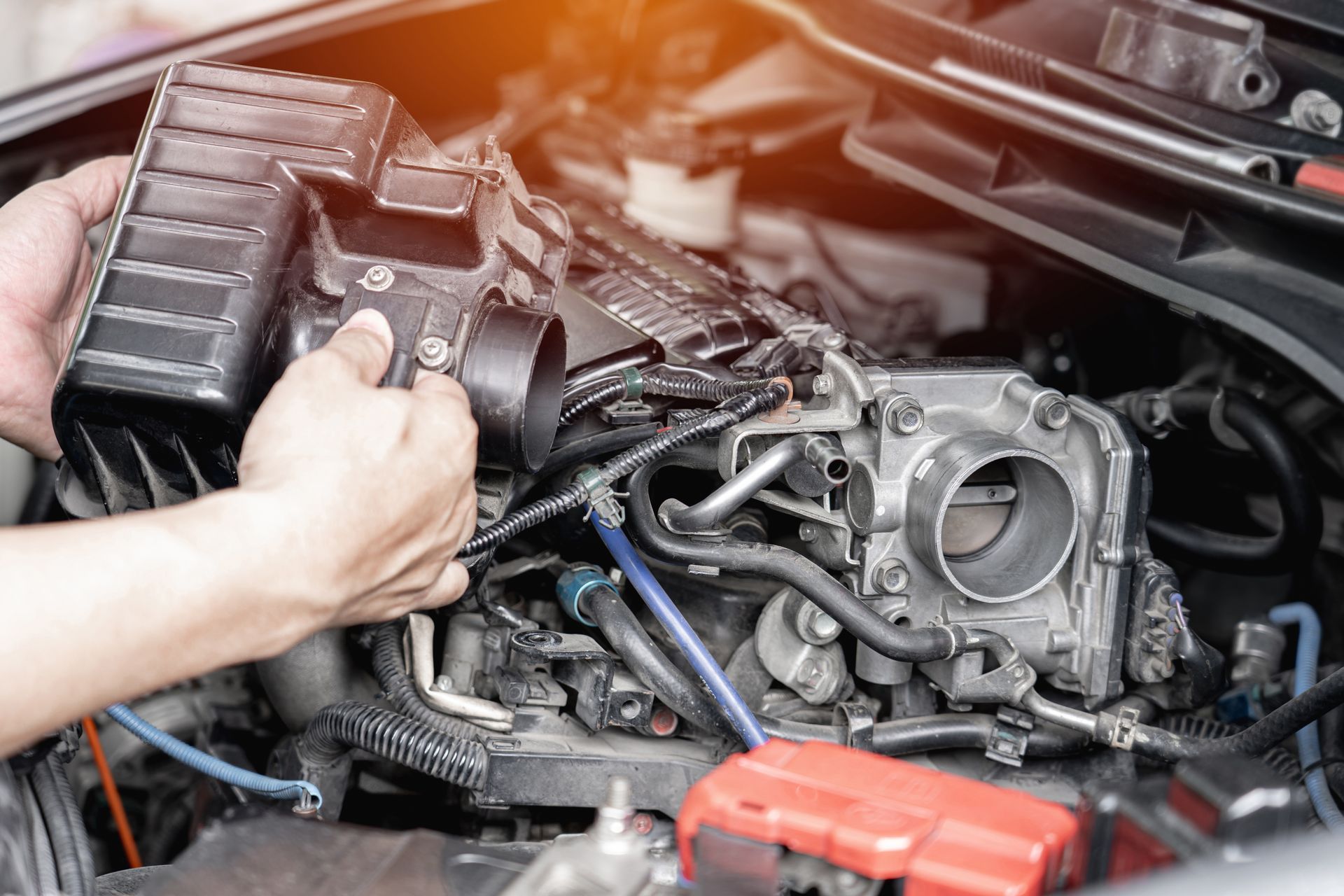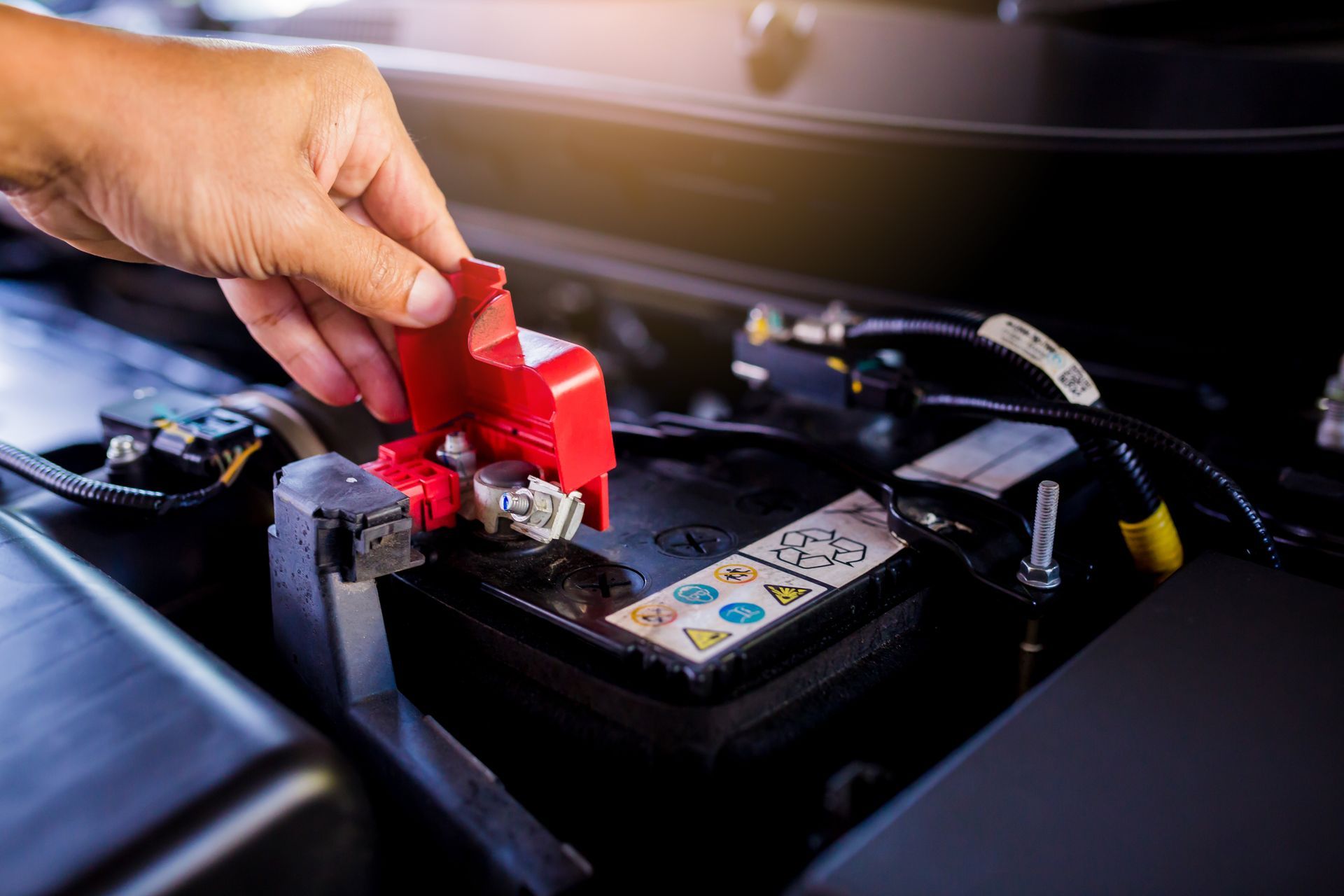Brake fluid is often the most overlooked fluid. While most drivers keep up with oil changes and tire rotations, brake fluid is usually forgotten. That can lead to serious problems. When brake fluid gets too old or contaminated, it can affect how well your brakes work and even put your safety at risk.
If you haven’t had your brake fluid changed in a while, here’s what can happen.
Moisture Contamination Reduces Braking Power
Brake fluid is hygroscopic, meaning it absorbs moisture over time. As that moisture builds up inside the system, it lowers the boiling point of the fluid. That becomes a problem when you’re driving in traffic, towing a load, or going downhill. Under these conditions, your brakes generate heat. If the fluid gets too hot and starts to boil, it turns into vapor and loses its ability to transfer force. The result is brake fade, where your pedal feels soft and your vehicle takes longer to stop.
Even in everyday driving, moisture in the brake fluid reduces overall performance. You may not notice it right away, but the braking system becomes less responsive and less reliable as the fluid continues to degrade.
Corrosion Damages Brake Components from the Inside
When water gets into the brake fluid, it affects performance and leads to corrosion inside the system. Metal parts like the master cylinder, brake calipers, and brake lines are affected by rust. As rust builds up, it can cause components to stick, seize, or leak. In some cases, corroded parts will fail without warning.
Contaminated brake fluid often contains rust particles and rubber debris from worn seals. These contaminants can clog tiny valves inside the ABS system and create even more issues. Once the damage is done, repairs can become costly.
Brake Pedal Feel Gets Worse Over Time
One of the signs that your brake fluid needs to be changed is a change in pedal feel. If the pedal starts to feel soft or spongy, or if it sinks farther than normal when you apply the brakes, the fluid may be the problem. Old fluid can create air pockets or allow vapor to form inside the lines. That reduces hydraulic pressure and causes a noticeable delay in braking response.
While a low or soft pedal can be caused by other issues, worn-out fluid is often to blame. It’s a warning sign that should not be ignored.
You Could End Up Replacing Expensive Parts
Putting off a brake fluid flush doesn’t just make your brakes feel worse. It can also shorten the life of your ABS pump, calipers, and master cylinder. These parts are not cheap to replace, and contamination from dirty fluid is one of the most common reasons they fail.
Regular brake fluid maintenance is a simple way to prevent major repairs. Flushing the system removes moisture, debris, and degraded fluid, keeping everything working the way it should.
How Often Should You Change It
Most manufacturers recommend changing the brake fluid every two to three years, or around 30,000 miles. However, that can vary depending on your vehicle and how you drive. In a place like Destin, Florida, where humidity is high, brake fluid can absorb moisture more quickly. If you frequently tow a trailer, drive in traffic, or take short trips that don’t allow the brakes to cool properly, you may need more frequent service.
If you’re unsure whether your brake fluid is due for a change, a technician can check the moisture content and condition. Brake fluid that looks dark or smells burnt is a sign that it’s overdue for replacement.
Destin Auto Center – Reliable Brake Service in Destin, FL
At Destin Auto Center, we take your safety seriously. If you haven’t had your brake fluid checked in a while, now is a good time. Our technicians will inspect your braking system, flush out the old fluid, and refill it with the correct type for your vehicle. Fresh brake fluid improves performance, protects key components, and gives you confidence every time you hit the brakes.
Schedule your brake service today and stay safe on the road.

